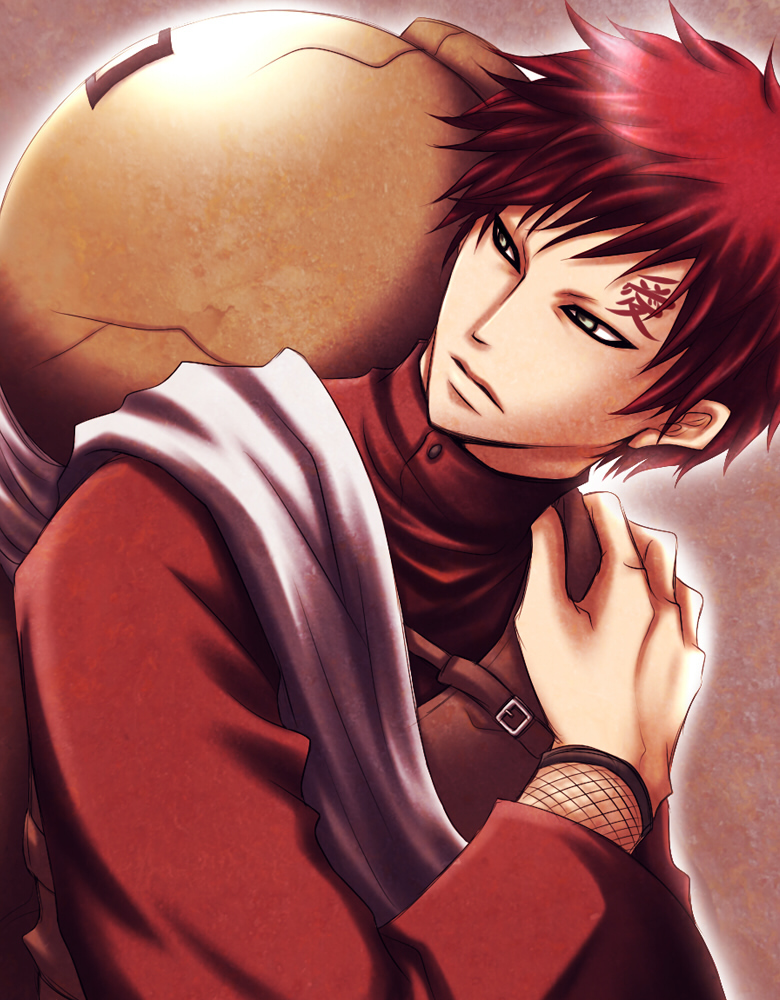

Beyond dubbing, you’ve starred in several domestic productions, such as Wolverine and the X-Men (where you voiced Nightcrawler and Angel) and G.I. And conversely, place the blame entirely on them as well. A good director will keep the whole thing going in his head, like a radio play, and nudge you toward delivery that syncs up well with your absent cast mates.ĪiPT: We’ll be sure to appreciate the hard work that voice directors put in to keep everything running smoothly from here on out.

95% of the videogame work I do, and even some of the pre lay animation is done one actor at a time. But this isn’t a challenge limited to dubbing. Do you find it difficult to develop chemistry (or the illusion of) without ever interacting directly with some of your co-stars? Liam has voiced dozens of animes, including Naruto, Bleach and Afro Samurai.ĪiPT: The process of dubbing often requires cast members to record their lines in booths separately from one another rather than in group sessions. Weird pauses mid sentence? Shoving “uh” into flaps where an “uh” clearly doesn’t belong? Blame the writer. When you are localizing anime for an English audience, a translation of the original dialogue is given to a script writer whose job is to rework it into something that sounds like natural spoken dialogue which also matches the timing and shape of the “lip flap.” Too often though, this isn’t done so well. And probably more important is the ADR script. The actors almost never know what is coming in the show, and the director has to be able to communicate the story, and the nuances needed in each moment. First, if you don’t have a good director guiding all of your actors through the story, the outcome is going to suffer.
#Garra naruto voice actor series
But I have also directed and written for anime series (250 + episodes?), and I know how important the director and script adaptor are to the equation.

Liam O’Brien: It’s a trickier deal, no question. Do you ever feel that performance sometimes has to take a backseat to technique in the dubbing process? Or in a more recent example, a habit of using grunts, “uhh” and “urr” sounds to fill in excess lip sync, such as in Transformers Armada and Energon (dubbed in Canada by Voicebox). To this day, when people think of dubbing they often imagine something like the super-fast-talking-to-fit-it-all-in of Speed Racer. I enjoy moving from project to project and having the rules scrambled everywhere I go.ĪiPT: Dubbing requires you to match your dialogue and inflections with the animation already produced, severely limiting your freedom to adlib or express a line. One of the best parts of my job, though, is that it is never the same. The director doesn’t have to set the scene for you so much when the engineer can just hit the play button. The giant monster or alien invasion is all right there for you to see. On the flip side, one nice thing about dubbing an animated series that already exists is that you don’t have to imagine doodlysquat. You can do whatever makes sense for the scene, and an army of animators will create picture that matches what you do. When I got my first shot at doing pre lay animation, and didn’t have to worry about matching something already set in stone, it just felt easier- almost like I had been boxing with one hand tied behind my back, and suddenly had use of both hands. And I know that as long as I can dub well, most other stuff will be cake. It’s difficult to create a spontaneous feeling performance that also plays nice with the constrictions of preexisting picture. Dubbing anime has always been like going to the gym for me. I will say that I respect it a lot more than some. For a long time, it was the only kind of recording work I had access to. But dubbing is where I broke into the business, and cut my teeth. I love working on anime, but I also love the games and original animation projects I’m a part of. Really though, I wouldn’t say I am more attracted to dubbing than other forms of VO. You’re just not going to pull in the big fat sacks with dollar signs on them like you can with say, a national commercial campaign. Liam O’Brien: Yeah, a lot of actors shy away from it, and if they don’t, their agents do. What is your attraction to dubbing over traditional recording sessions? Are there certain advantages to the process? Many voice actors have expressed perhaps not a total *dislike*, but a preference *against* dubbing over traditional voice recording. Listen to the latest episode of the AIPT Television podcast!


 0 kommentar(er)
0 kommentar(er)
